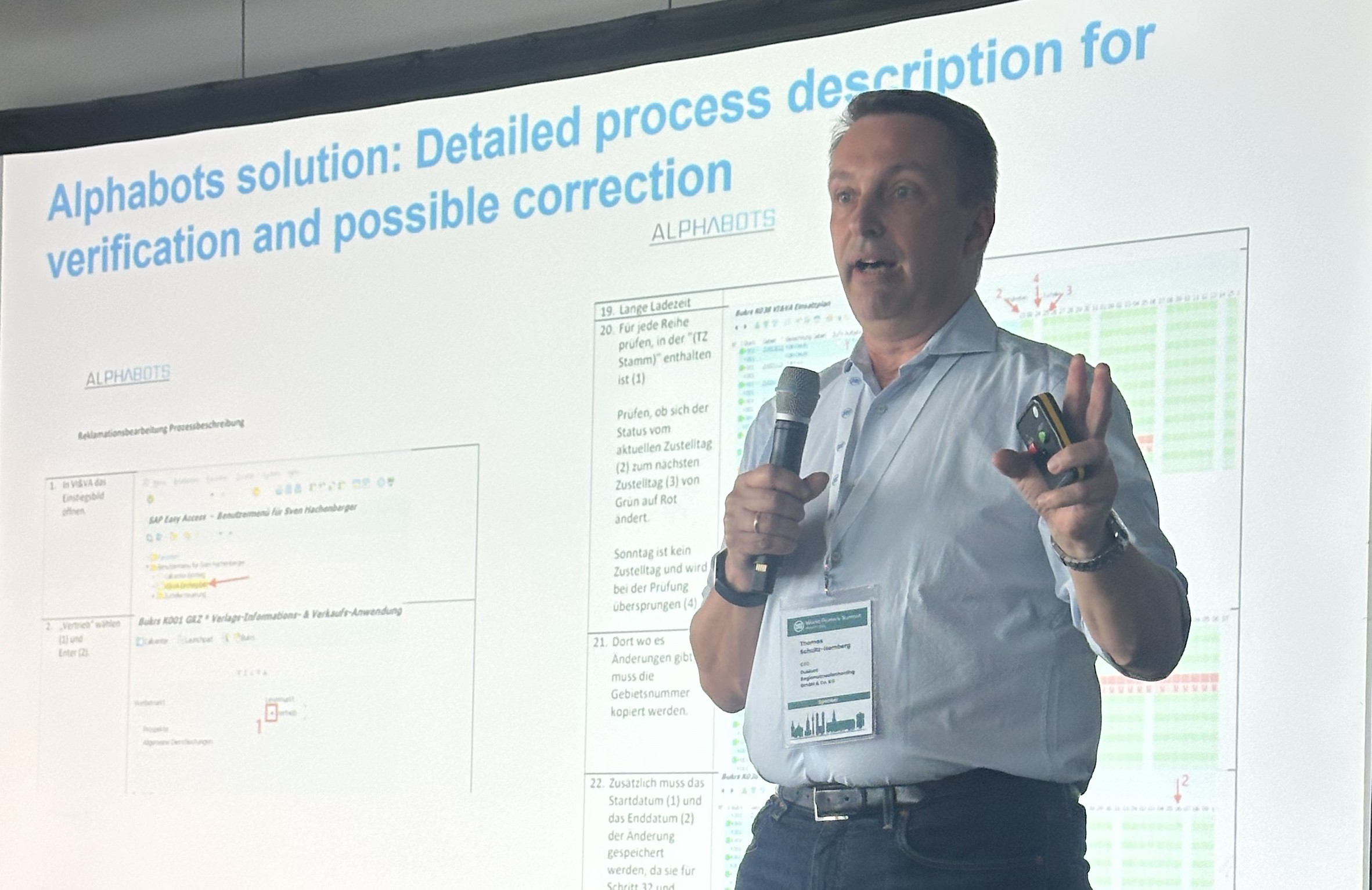Copyright wan-ifra

“AI will influence not only your private life but also your business life in every aspect,” Thomas Schultz-Homberg, CEO, Kölner Stadt-Anzeiger Medien (KStA Media), said during his keynote at the World Printers Summit in Munich: Founded as a printing company in Cologne, Germany, KStA Media belongs to the DuMont family, which has published Kölner Stadt-Anzeiger since 1876. The company operates print publications, digital platforms, and radio channels. But more needs to be done to secure the future. Over the years, the company went through “thousands of changes” – reinventing its business, starting new ventures, failing, and succeeding. It does not mean KStA is letting go of print. They still earn about 80 percent of its revenue from print and 20 percent from digital. But minor AI projects aren’t enough; publishers need to to integrate AI across every part of their operations, according to Schultz-Homberg. “It might sound strange or even wrong, but we are convinced that this is the solution that will take our industry into the future,” he said. Agility and culture-shift key to integrate AI Publishers have been losing their traditional reach, visibility, subscriptions and revenues with the introduction of AI solutions that summarise the news to the readers. Although these chatbots refer the sites from which the information was sourced from, users rarely click on those links. “That means if we don’t optimise our business using the same tools that others are using to harm it, then we will have no chance,” Schultz-Homberg said. The key factor in this transformation is the adoption of new culture. “If you start AI in your company, you have to be ready to give up the culture you had for decades, maybe even longer. The culture has to be totally reinvented,” he said. For instance, one of the principles in AI culture is agility. At Kölner Stadt-Anzeiger, employees are encouraged to try ideas and take action instead of waiting for board approval. The leadership now focuses on supporting and empowering teams rather than controlling them. “Business leads make big decisions [some involving millions of euros] on their own, and the company makes sure everyone understands the goals through clear and repeated communication,” he added. The reason is that technology is changing fast. By the time the board makes a decision, the technology may already be outdated, replaced by something new. “This is a risk and a total cultural change,” he said. He highlighted two case-studies to show how KStA is using AI to make customer service and logistics more efficient with minimal human intervention. AI customer service can solve queries, identify loyal subscribers KStA Media has two inbound “AI-supported” customer service call centres, which are currently outsourced. This is set up to cater to readers who contact KStA to register complaints about subscription related queries. “Today it’s AI-supported, but our goal is for it to become ‘AI-run’. We aim to eliminate the traditional call centre system by the end of 2027,” keeping a few humans in the loop for cases that AI cannot handle, Schultz-Homberg said. “We make a lot of mistakes because we are human,” he said, adding, “AI won’t make those mistakes. The goal is not only cost savings but also better customer service.” The company is working with Novomind and its product, iAgent. Customer can reach via email, phone, chat, or WhatsApp, and then interact with a voice bot, mail bot, or chat bot. The bot can identify the customers, detect their mood (how upset they are), translate messages, and craft answers. It handles everything a human agent would do today, and then routes the response through the right channel. What’s more interesting is that the AI detects whether the person is an important long-term customer or someone who only signs up for promotions. For instance, the AI can identify a “gold” customer – someone important to retain – and prompt the agent to take extra steps to keep them subscribed. By detecting a customer’s value and importance, the system suggests the best way to resolve their issue, perhaps by sending a gift, offering compensation, or simply resolving the issue immediately. “We still have humans in the loop today because we are in the ramp-up phase. Agents review AI-generated answers before sending them. But in less than 24 months, customer service will be fully AI-driven,” he said. This is a bold project, but so far it has been very successful, he added. See also: AI and robot writer ‘Klara’ key to Kölner Stadt-Anzeiger Medien’s tech future as it switches off its presses Automation in logistics saving time and money Logistics is a complicated field, with many data points and old-fashioned processes, often managed by Excel spreadsheets. KStA Media works with a partner company called Alphabots to identify and automate all its processes. This starts with analytics: understanding what processes exist and how they can be structured into patterns. “We have thousands of processes, and this system helps us determine which are important and which are not,” Schultz-Homberg said. For instance, KStA used to handle 30 to 40 delivery books per week, per dispatcher, manually. Now, this process is 97 percent automated, saving costs and reducing mistakes. “Automation has saved us 32,000 euros after 12 months. It’s not a huge number, but meaningful because it’s not only about cost savings. It’s about getting better,” he said. The last mile is the weakest point in any logistics business. When a customer gets the wrong paper or no paper at all, subscriptions get cancelled, which is bad for business. AI helps fix this by improving accuracy and reliability. The company has also automated administrative tasks that were previously manual. This has resulted in 100 percent automation in some areas and a time saving of five hours per week. “It’s not huge, but it helps, especially when working with smaller teams and tighter budgets,” he added.



